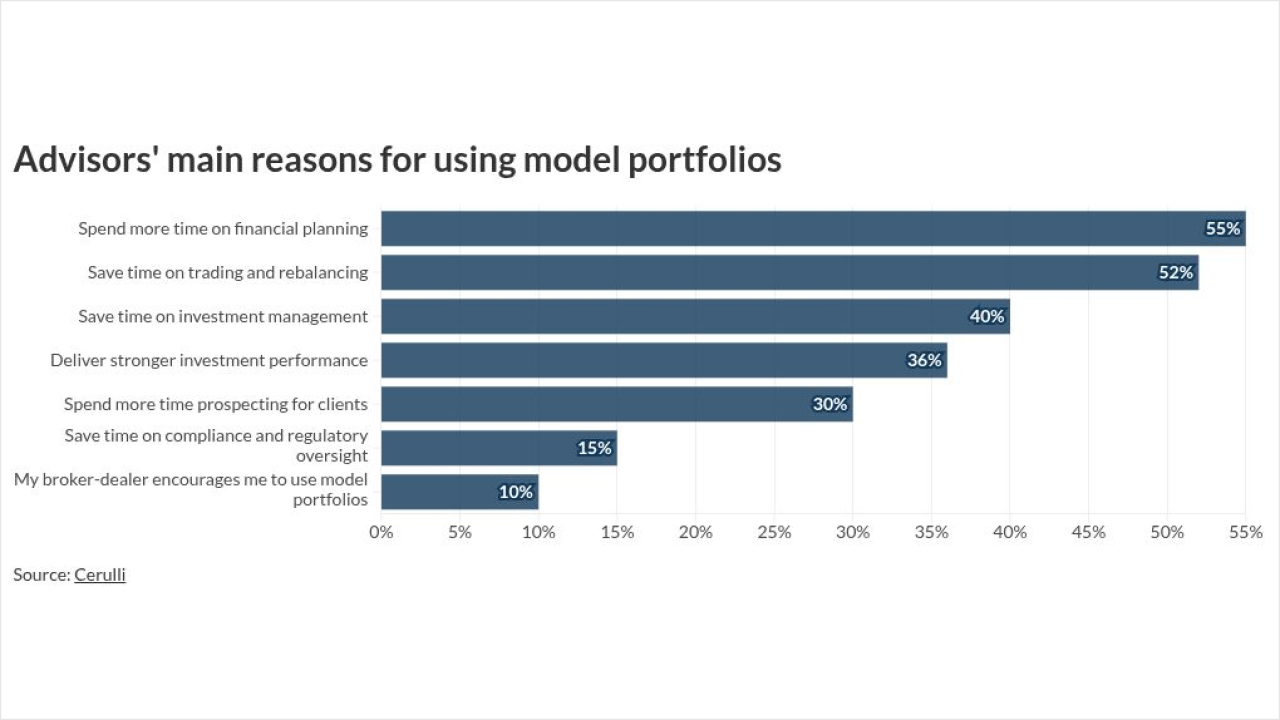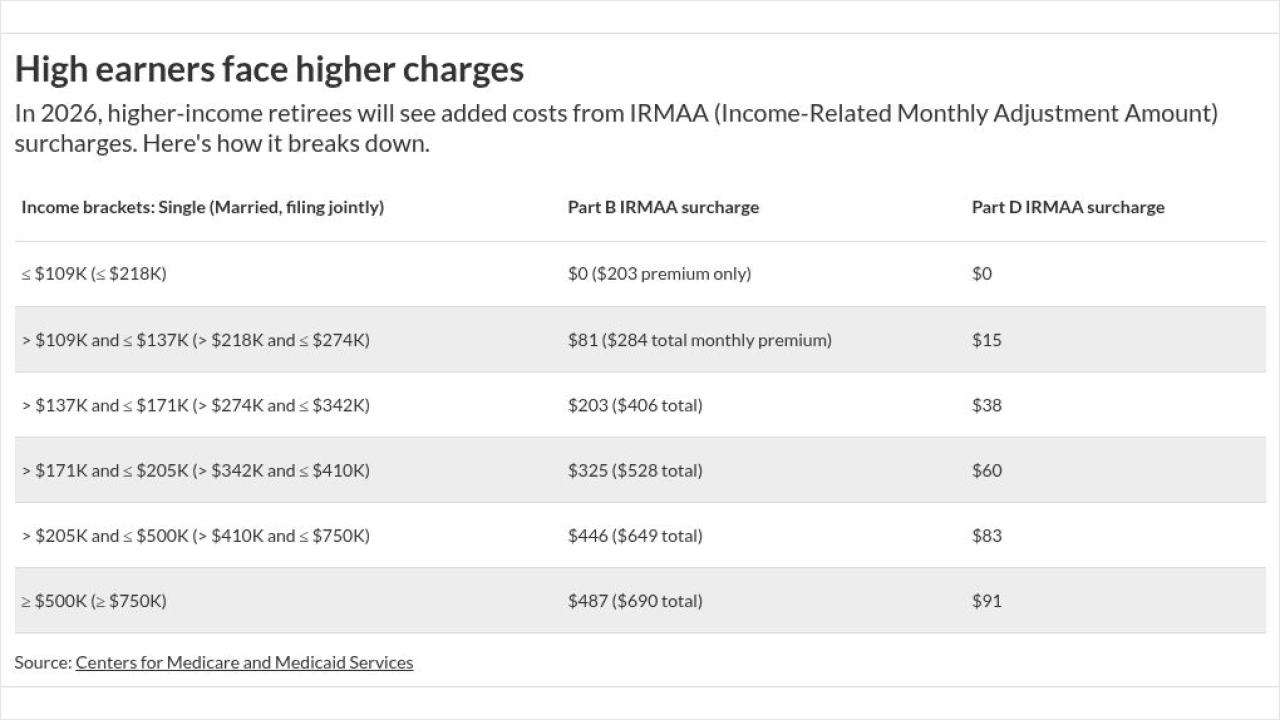By John C. Wilcox, Vice Chairman, Georgeson Shareholder Communications Inc.
As expected, the Securities and Exchange Commission has approved new disclosure rules governing proxy voting by mutual funds and investment advisors. Starting in 2004, funds and investment managers will be required to disclose their voting policies and procedures together with an annual summary of all their actual voting decisions relating to the companies in their portfolios.
During the comment period, the mutual fund industry presented a detailed case against regulation that raised issues of cost, confidentiality, relevance and politicization of the voting process. However, public opinion was already mobilized in support of a regulatory solution. It was impossible to overcome the presumption in favor of disclosure and the perception that corporate governance will be strengthened by knowing how fund managers vote.
Unfortunately, the public debate over the new rules never reached the issue that should be of greatest concern to America's corporations and shareholders the impact of disclosure on the quality of voting decisions by fund managers.
Many professionals who participate in the proxy process are already seeing signs that the consequences of disclosure will alter institutional attitudes and behavior in ways that may actually make proxy voting less meaningful. Apprehension centers on the following questions:
* Degraded Communications: Will the new disclosure requirements make institutional investors less willing to meet with companies and engage in dialogue about proxy votes?
* Straitjacket Voting: Will institutional investors stop conducting case-by-case reviews and rely on one-size-fits-all voting policies?
* Policies Instead of Business: Will investors feel compelled to give greater weight to policy than to strategic and business considerations in proxy voting?
* Pinch-Hit Voting: Will investors abandon independent decision-making and simply leave voting to outside proxy advisory firms?
* Absentee Owners: Will the consequence of disclosure be to further widen the gap between investment decisions and voting policies?
For a variety of reasons it was difficult to examine these issues during the public comment period. First, the debate was framed in terms of corporate governance, which tends to promote procedural correctness at the expense of practicality and flexibility. Second, arguments opposing full disclosure, the principal accountability mechanism of U.S. securities regulation, were simply untenable. Third, no one was willing to explain how much flexibility currently exists in the proxy system. To do so would have invited misinterpretation and risked strengthening the case of those who claim that proxy voting is marred by coercion and conflicts of interest.
In short, the easy and persuasive arguments favored disclosure. The case for restraint - complicated, based on practical considerations and requiring concrete knowledge of the day-to-day workings of the proxy process - had no chance of prevailing.
Despite these considerations, the situation is not hopeless. There is a straightforward solution that will prevent proxy voting from becoming arbitrary, rote and inflexible. Institutions should amend their voting policies to explicitly affirm the priority of investment return over governance correctness, to grant themselves flexibility to make policy exceptions where economic considerations or extraordinary circumstances warrant, and to eliminate overly detailed guidelines or bright line tests that might inhibit their ability to make decisions on the merits.
Hardly a Radical Idea
This is not a radical suggestion. It would not undermine the value of disclosure. It would, in fact, do nothing more than formalize some of the best practices that now govern the proxy process. The largest and most responsible institutions and investment managers, many of whom are committed advocates of governance reform, now use the proxy process in a highly effective manner to present their views to corporate managers and directors, to engage in dialogue over matters of shareholder value, to negotiate changes in corporate behavior, and to attract support from other shareholders when more drastic remedies are needed.
Regulation must not discourage these practices. Shareholder meetings and proxy voting are critical corporate governance mechanisms. They offer the most effective forum for the exchange of ideas between companies and investors. Disclosure should enhance the dialogue, not constrain it.
The right balance can be achieved only if voting guidelines recognize that conformity to governance standards should never take precedence over free and open communication and informed decision-making.
Copyright 2003 Thomson Media Inc. All Rights Reserved.





